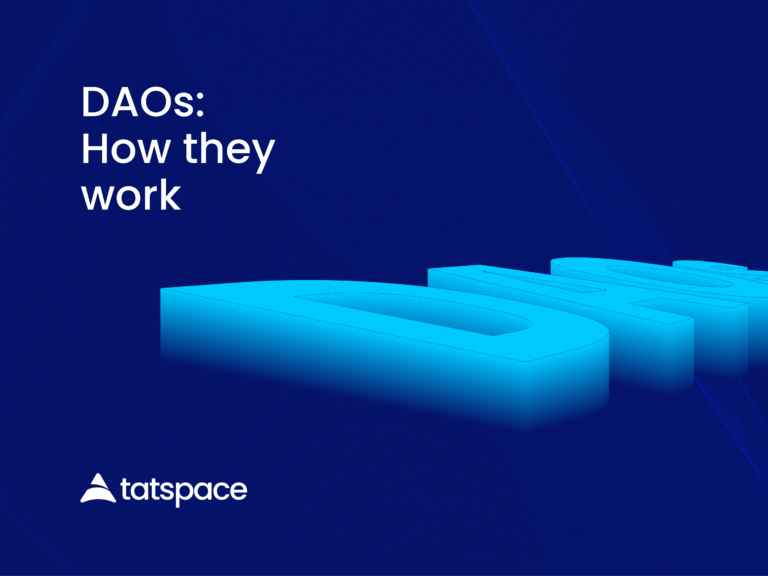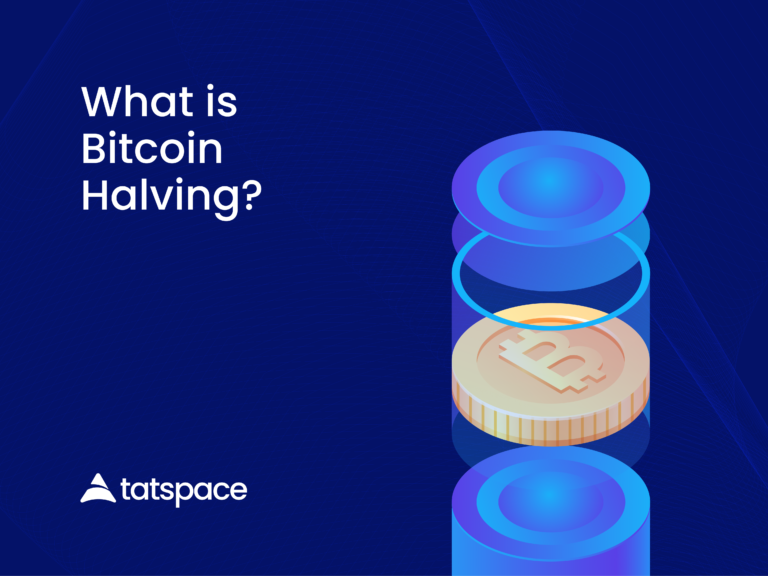In the 1990s, Nick Szabo described a smart contract for the first time.
At the time, he defined smart contracts as a system that combines protocol and user interfaces to formalize and secure computer networks.
According to Szabo, smart contracts could be used in numerous fields involving contractual agreements, including credit systems, payments, and content rights management.
As far as cryptocurrencies are concerned, a smart contract can be defined as a program or a set of algorithms that run on a blockchain.
They usually operate as a digital agreement governed by a specific set of rules.
Computer code defines these rules, and they are replicated and executed by all nodes across the network.
How do smart contracts work?
Essentially, a smart contract is a contract that executes itself by writing the terms of the agreement directly into lines of code.
If and when the transactions meet the conditions for the agreement, the contract executes a specific task.
This means that smart contract systems follow a series of “if… then…” statements.
Basically, they are pieces of code that run on a distributed system like the blockchain.
Whenever users interact by means of their addresses on the Etheruem network, smart contracts handle the execution and management of the blockchain operations.
Non-smart contract addresses are commonly known as Externally Owned Accounts (EOAs) in the smart contract community. In other words, computer codes control smart contracts and users control EOAs.
Smart contracts on the Ethereum network consist of a contract code and two public keys.
Initially, only the creator of the contract provides the first public key.
Essentially, the other key defines the smart contract and serves as a digital identifier for each smart contract.
Smart contract deployments are possible via blockchain transactions.
When called, EOAs (or other smart contracts) are the only ways to activate a smart contract.
As a result, the first trigger is always by an EOA (user).
Key features of a smart contract
The following characteristics are often present in Ethereum smart contracts:
1. Distributed: The Ethereum network replicates and distributes smart contracts to the nodes on the network. Compared to centralized servers, this is one of the most important differences.
2. Transparent: Because smart contracts run on public blockchains, their source code is visible to everyone but remains unchangeable.
3. Automatic: Smart contracts like autonomous programs, run themselves automatically. Generally, however, a dormant smart contract won’t take any action unless an EOA triggers it.
4. Trustless: Smart contracts allow two or more parties to interact without knowing each other and without trusting each other. Blockchain technology, moreover, ensures that data is valid.
5. Deterministic: Given that every condition is met, Smart contracts will only carry out the tasks that they were designed to perform.
In addition, the result will always be the same, regardless of who implements them.
6. Flexible: Smart contracts codes can be written in any of several ways before deployment. This makes it easy to create a wide range of decentralized apps (DApps) using smart contracts.
In a sense, this is mostly a result of Ethereum being a Turing complete blockchain.
7. Immutable: It is impossible to modify a smart contract after deployment. However, in order to delete a particular function, it must already have been implemented.
Consequently, smart contracts can provide tamper-proof codes.
Can I change or delete a smart contract?
In the Ethereum network, after deploying a smart contract, it’s impossible to add new functions.
The creator of a smart contract, however, can delete that contract in the future by including the SELF-DESTRUCT function in the code.
If, on the other hand, the function is not a part of the code beforehand, the creator can’t delete it.
In particular, developers can have more control over contracts’ irreversibility using upgradeable smart contracts.
Upgradeable smart contracts come in many different forms, with varying extents of complexity.
Imagine, for instance, at the time of creation, that a creator divides a smart contract into smaller contracts.
While the developers leave some unchangeable, they include the delete function in some.
As a result, some parts of the smart contract will have their functions untouchable, while some other parts have the capacity for deletion and upgrade.
What are the advantages and use cases of a smart contract?
With smart contracts, you can create a variety of different use cases and solutions as you can write the code in many different ways.
A smart contract can increase transparency and reduce operational costs since it is a decentralized self-executing program.
Implementations of these technologies can also improve efficiency and minimize bureaucratic costs.
When transferring or exchanging funds between two or more parties, smart contracts are particularly useful.
Therefore, smart contracts are relevant for a variety of use cases.
A few examples are the creation of decentralized exchanges, voting systems, crypto wallets, games, tokenized assets, and mobile applications.
The solutions can also be useful in conjunction with other blockchain solutions in areas such as governance, healthcare, supply chain, charity, and decentralized finance (DeFi).
ERC-20
ERC-20 is a standard that all tokens on the Ethereum blockchain follow. It specifies how all Ethereum-based tokens should operate.
As a result, these digital assets are known as ERC-20 tokens, and they make up a significant portion of all existing cryptocurrencies.
Several blockchain startups and companies create smart contracts to issue their digital tokens on the Ethereum network.
Most companies distributed their ERC-20 tokens after issuance by holding an Initial Coin Offering (ICO).
As a result, token distribution and exchange can happen trustlessly and efficiently with smart contracts.
What are its limitations?
Humans write computer code for smart contracts.
Because of this, they are prone to bugs and vulnerabilities.
When dealing with sensitive information or large amounts of money, it is ideal to have experienced developers write and deploy them.
In addition to this, some believe centralized systems can provide most of the benefits smart contracts offer.
Rather than running on a central server, smart contracts use a distributed P2P network.
Due to their blockchain-based nature, they are usually either immutable or extremely difficult to change.
Immutability can be a great thing in some cases, but a terrible thing in others.
Furthermore, smart contracts’ legal status is uncertain which poses more limitations.
This is not just because smart contracts are in a grey area in most countries, but also because the current legal system does not seem to support them.
For instance, many contracts require that both parties be over 18 years of age and with proper identification.
Blockchain technology’s anonymity and lack of intermediaries, seem to threaten the requirements of the current legal system.
Smart contracts have some potential solutions, but their legal enforceability poses a real challenge, particularly when it comes to borderless, distributed networks.
Criticism around smart contract
Blockchain enthusiasts consider smart contracts as a potential replacement and automation solution for many commercial, bureaucratic, and scientific systems.
It is possible that this will become the norm, but it is still far from it.
However, there is no doubt that smart contracts are a fascinating technology.
Due to their distributed nature, determinism, transparency, and immutability, they can also present potential disadvantages.
A major critic of smart contracts is that they are unsuitable for solving many real-world problems.
The truth is that some organizations may be better off using conventional server-based options.
Centralized servers tend to be simpler and cheaper to maintain than smart contracts, and are more efficient in terms of cross-network communication (interoperability) and speed.
Wrapping it up
It is without a doubt that smart contracts have made a significant impact on cryptocurrency, and they have certainly transformed blockchain technology.
While end-users may not directly interact with smart contracts, these contracts are likely to be the backbone of various applications including supply chain management, financial services, and more in the future.
Together, smart contracts and blockchain have the potential to disrupt almost all areas of our society.
But only time will tell if these groundbreaking technologies will manage to overcome the many barriers to large-scale adoption.







